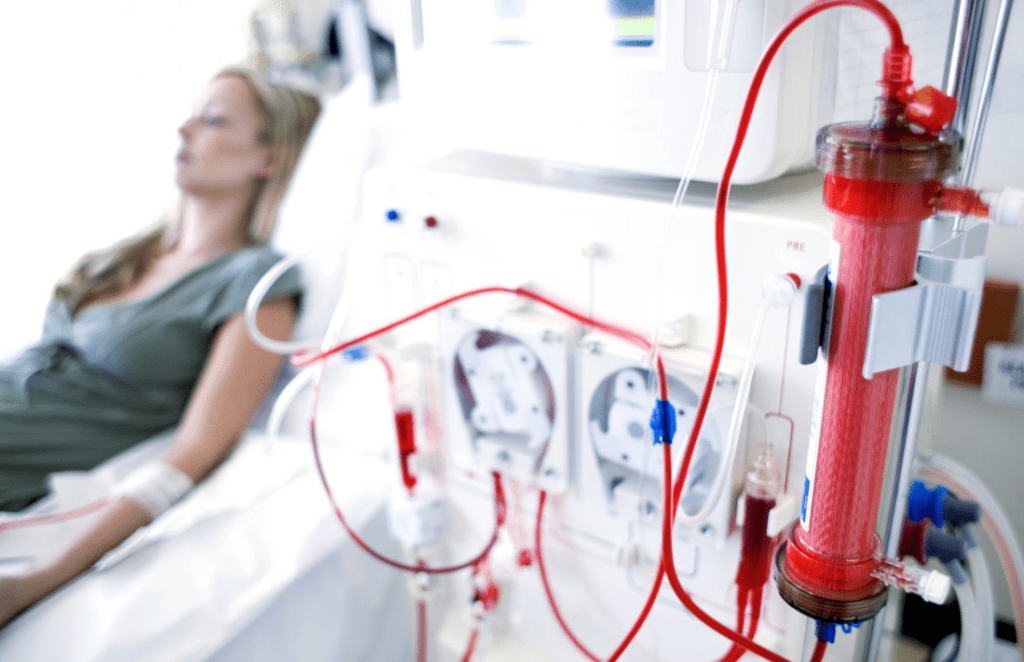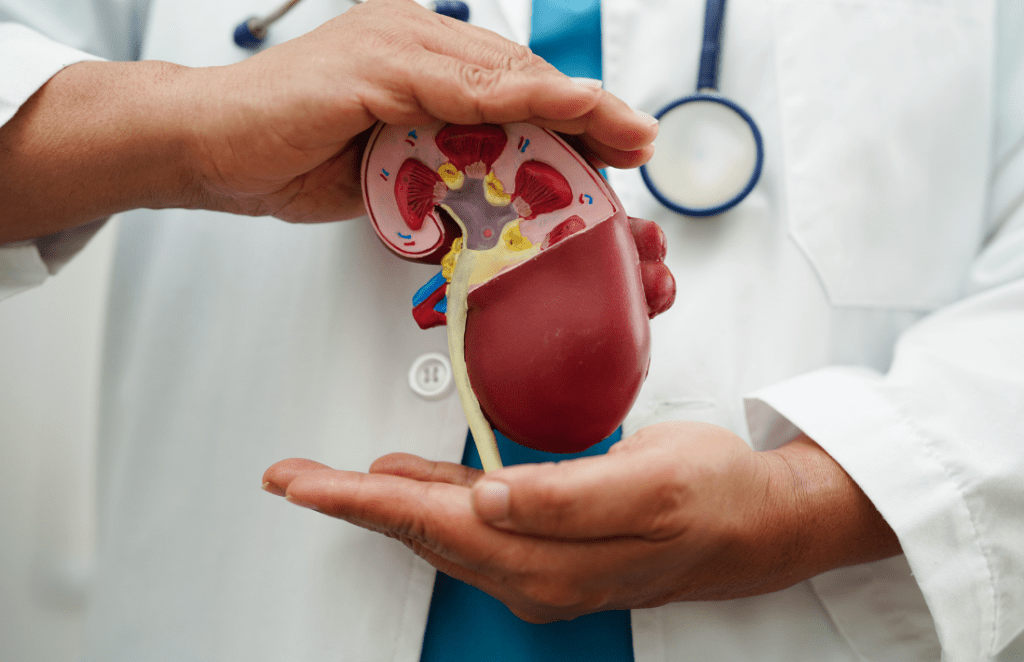Nephrology

Nephrology, the branch of medicine focused on kidney health, involves diagnosing, treating, and preventing kidney-related diseases. With the rising prevalence of conditions such as chronic kidney disease, nephritis, and kidney cancer, advanced nephrology treatments are essential for improving patient outcomes. From preventive measures like dialysis prevention to life-saving interventions such as renal transplantation, nephrology encompasses a range of treatments for optimal kidney function.
Global Med Trips connects patients with world-renowned nephrologists, offering access to cutting-edge treatments and personalized care plans to ensure the best possible health outcomes for individuals with kidney disorders.
Some of the Common Nephrology Treatments at Global Med Trips are:

Dialysis Prevention
Dialysis

Kidney Cancer
Kidney cancer treatment involves a combination of surgery, targeted therapy, and immunotherapy. Early detection and advanced treatment options significantly improve survival rates and patient outcomes. Symptoms of kidney cancer can include blood in the urine, lower back pain on one side, and unexplained weight loss.
Nephritis
Nephritis, an inflammation of the kidneys, is treated through medications to control inflammation and address the underlying cause. It can result from infections, autoimmune diseases, or toxins, leading to symptoms such as blood in the urine, swelling, and high blood pressure. Effective management is essential to prevent the progression to chronic kidney disease or kidney failure.
Polycystic Kidney Disease
PKD is caused by genetic mutations that lead to the growth of numerous cysts in the kidneys, resulting in symptoms such as high blood pressure, back or side pain, and increased kidney size. It is managed through treatments aimed at controlling symptoms and slowing disease progression. Interventions include blood pressure management, pain relief, and in severe cases, dialysis or transplantation.
Renal Transplantation

